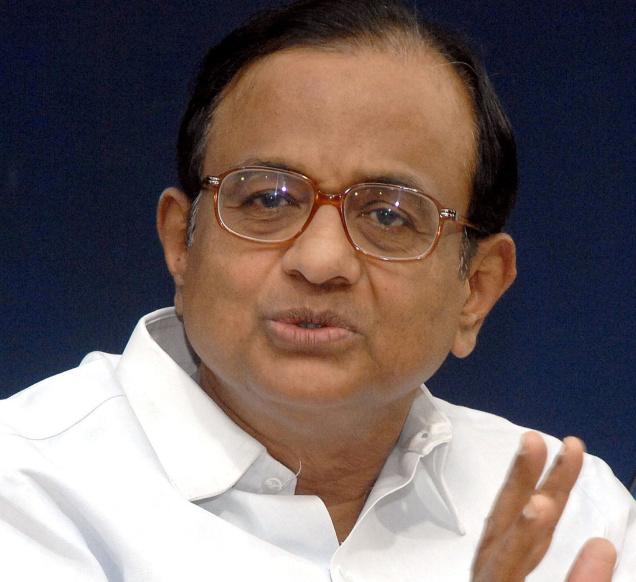 Vivek Kaul
Vivek Kaul
A seemingly popular measure announced in today’s budget is the increase in the tax deduction allowed on home loan interest by Rs 1 lakh. Currently a deduction of Rs 1.5 lakh is allowed to someone buying his first home.
The extra deduction of Rs 1 lakh comes with caveats. The first caveat is that the house should be bought during the period between April 1, 2013 and March 31, 2014. The home loan taken should not be more than Rs 25 lakh. And the value of the house being bought should not exceed Rs 40 lakh (something that the finance minister P Chidambaram did not talk about in his budget speech). Chidambaram felt that this move will “promote home ownership and give a fillip to a number of industries like steel, cement, brick, wood, glass etc. besides jobs to thousands of construction workers.”
Let us try and understand why nothing of that sort is going to happen anywhere other than the imagination of Chidambaram. Let us say an individual who falls in the top tax bracket of 30%, takes a home loan of Rs 25 lakh at an interest of 10.5% to be repaid over a period of twenty years. The equated monthly instalment (EMI) to repay this loan would work out to around Rs 24,960. Lets assume this to be Rs 25,000 for the ease of calculation.
What is the extra saving that the individual makes? He gets a tax break of extra Rs 1 lakh. Given that he is in the 30% tax bracket, this means an yearly saving of Rs 30,000 (again lets ignore the 3% education cess for the ease of calculation). This essentially means an added saving of Rs 2,500 per month (Rs 30,000/12).
So what Chidambaram wants us to believe is that people of this country would start paying EMIs of Rs 25,000, in order to make an extra saving of Rs 2,500? No wonder he went to Harvard.
There are other problems with this deduction as well. The deduction is available only for the financial year 2013-2014 (or the assessment year 2014-2015). If the complete deduction is not used in 2013-2014, the remaining part can be used in 2014-2015(or the assessment year 2015-2016). The point is that the deduction is largely available only once. To imagine that people would buy homes to make use of what is essentially a one time deduction is stretching it rather too much. Of course the market understands this. The BSE Realty Index is down around 2.7% from yesterday’s close as I write this.
People don’t buy homes to get a tax deduction. The average middle class Indian buys a home to stay in it. And for that to happen a couple of things need to happen. The real estate prices need to fall from their current atrocious levels. And interest rates also need to fall for EMIs to become affordable.
In fact this is where another comment made by Chidambaram during the course of the speech that makes immense sense. As he said “There are 42,800 persons – let me repeat, only 42,800 persons – who admitted to a taxable income exceeding Rs 1 crore per year.”
This is nothing but a joke. There must be more people earning more than Rs 1 crore in South Delhi, let alone all of India. What this tells us very clearly is that there is a tremendous amount of black money in this country. And all these ill gotten gains are stashed away by buying real estate. This ensures that there are more investors/speculators in the real estate market, than genuine buyers.
Unless this nexus is broken down there is no way anyone who actually needs a house to live in, to be able to actually buy one.
As far as EMIs are concerned they will only come down once interest rates start falling. And for that to happen the government needs to control its borrowing. The borrowing will fall only once the fiscal deficit is under control. Fiscal deficit is the difference between what a government earns and what it spends.
And I don’t see any of these two things happening in the near future. Neither will black money in the system come down nor will the fiscal deficit fall leading to a fall in interest rates.
Chidambaram ended his speech by quoting his favourite poet Saint Tiruvalluvar. Let me end this piece by quoting one my favourite poets, Bashir Badr.
Musaafir ke raste badalte rahe,
muqaddar mein chalna thaa chalte rahe
Mohabbat adaavat vafaa berukhi,
kiraaye ke ghar the badalate rahe
So the moral of the story is that we will continue to live in rented houses, changing them every 11 months, when the contract runs out.
The article originally appeared on www.firstpost.com on February 28, 2013
(Vivek Kaul is a writer. He tweets at @kaul_vivek)